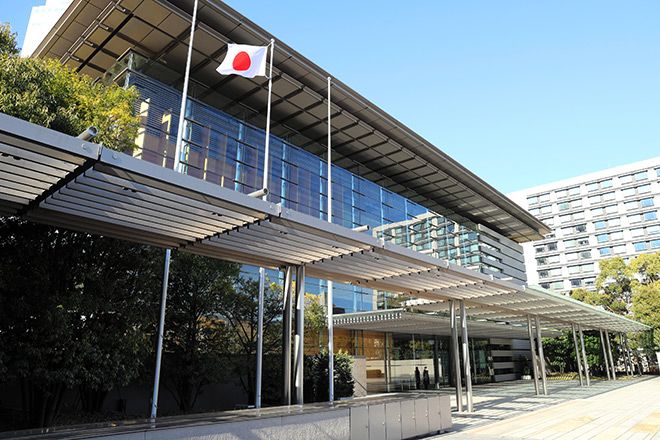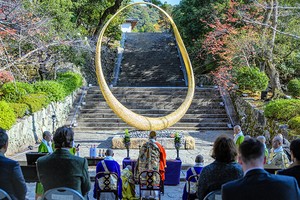THE ASAHI SHIMBUN
January 10, 2025 at 16:33 JST
 The Prime Minister’s Office in Tokyo (Asahi Shimbun file photo)
The Prime Minister’s Office in Tokyo (Asahi Shimbun file photo)
To combat disinformation and discriminatory biases associated with artificial intelligence, government officials are considering new regulations aimed at naming and shaming AI companies responsible for serious human rights violations.
However, the proposed legislation will refrain from imposing criminal penalties or fines, citing concerns that overly restrictive measures could stifle innovation, according to sources within the government and ruling parties.
The bill is expected to be introduced in February during the ordinary Diet session.
The proposed law will grant the government the authority to investigate instances of AI-generated content that promotes discrimination or infringes on human rights.
Businesses will be required to cooperate with government investigations and comply with its instructions. Failure to do so may result in public naming.
Even if an AI service is not deemed severe enough to publicly identify the operator, the government will still disclose the service and similar ones to alert the public.
The criteria for public naming will be determined after further discussion.
Under the new law, the government will also identify and disclose critical infrastructures using AI, and will provide guidance and instructions to businesses and the public.
Government officials have been working on the legislation since last month, when an expert panel called for such regulations.
The response to noncompliant operators has been the focus of the discussion.
The decision to avoid criminal penalties reflects the government's desire to strike a balance between promoting AI innovation and mitigating risks.
Experts have warned that overly strict regulations could undermine Japan’s global competitiveness as well as freedom of speech and expression.
They argue that the government should intervene only when voluntary self-regulation by businesses is unlikely to be effective.
However, some experts have questioned the effectiveness of naming and shaming, particularly when it comes to individuals and overseas companies.
They argue that more concrete penalties may be necessary to ensure compliance.
(This article was written by Taishi Sasayama and Keishi Nishimura.)




















A peek through the music industry’s curtain at the producers who harnessed social media to help their idols go global.
A series based on diplomatic documents declassified by Japan’s Foreign Ministry
Here is a collection of first-hand accounts by “hibakusha” atomic bomb survivors.
Cooking experts, chefs and others involved in the field of food introduce their special recipes intertwined with their paths in life.
A series about Japanese-Americans and their memories of World War II